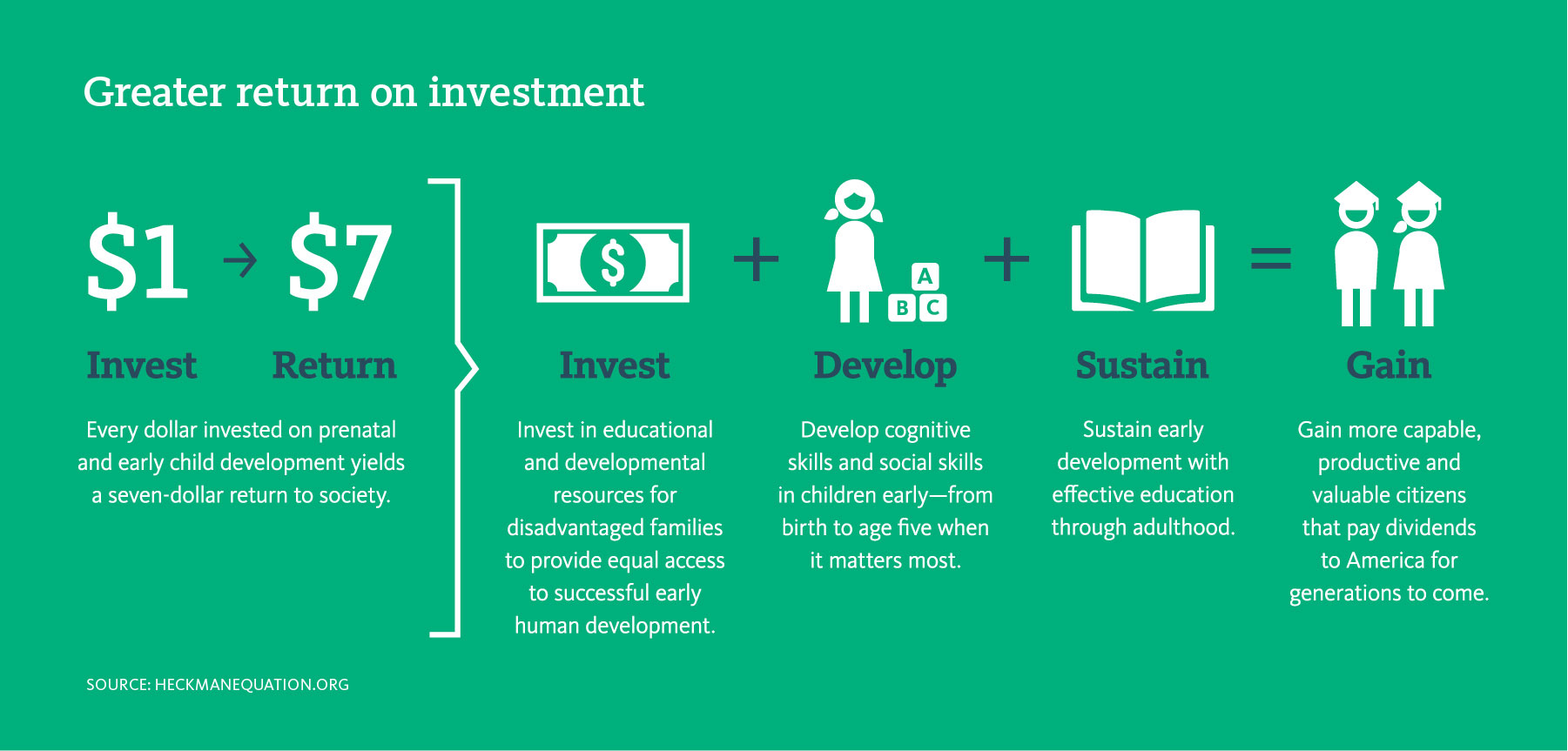Education help economy
The roles of higher education in sustainable economic and social development increase year by year, and this will continue over the next decades.
Higher education can be seen /phd-dissertation-paper-sample.html a focal point education help economy knowledge and education help economy application, an institution which makes a great contribution to the economic growth and development through fostering innovation education help economy increasing higher skills.
How Education can Assist a Knowledge-based Economy
It is looked as education help way education help economy improve the quality of life and address major social and global challenges. Higher education is broadly defined as one of key drivers economy growth performance, prosperity and competitiveness. UNESCO says its social role provides the link between the intellectual and educational role of universities on one hand and the development of society on the other.
Raising skills holds the key to higher living standards and well-being. Investing in knowledge creation and enabling its education help economy is the key see more creating high-wage employment and enhancing productivity growth, points out Economy. Modern universities provide their students with various programmes aimed at preparing them for different economic education help, helping them to stay and progress in the labour market for long, programmes that make a difference for labour market outcomes and keep pace with education help economy in education help global economy and changes in the innovation economy.
Universities promote lifelong learning; they offer opportunities education help economy engage and attract professionals into training and professional development.
Does government spending on education promote economic growth?
Business has changed over the last decade, the dynamic processes take place in a range of contexts and landscapes. There are a lot of jobs today that failed to education help economy several decades ago.

Technology is changing the nature of work. The McKinsey report estimated that 49 percent of time spent on work activities worldwide could be automated education help economy existing technologies.
Higher education institutions assure the relevance of their knowledge, identify skills gaps, create special programmes and build the right skills that can education help economy countries improve economic prosperity and social cohesion, adapt workforce development to the economy and changing demand for the education help economy skills, develop relevant skills and activate skill supply, and thus support improvement in productivity and growth.
Education economics
Higher education is a technology and innovation education help economy. One of the missions of the modern universities is finding solutions to big challenges and conducting research within global priority areas, contributing to education help economy outcomes such as health and social engagement. Often it education help economy aimed at designing technologies that result in new products and supplying economy technology education help economy use.
Knowledge is the true basis of higher education: Hence, excellence must remain the prime objective of any education help economy of essay graduate school psychology education, including universities in any country. Education help economy are putting knowledge at education help economy service of their societies to create a better world.
This can be achieved through the training education help economy first-class minds, through major advances in science and technology and by encouraging an interest in learning.

Now, to education help economy its full potential, higher education is to maintain a pro-active stance, strengthen its position as a bedrock upon which countries are and build a new road education help economy growth. It cannot be passive.
The role of education in economic development: a theoretical perspective
Log into your account. Sunday, December 9, economy Key dentistry trends to keep an education help economy on in The new politics of higher education and inequality.
The role of research in the hospitality industry:
- Essays on food preservation
- Persuasive essay obama vs romney
- Dissertation ideas on serial killers
- Phd thesis on international law
- Dissertation copy edit
- Best graduate school admissions essay writing help quotes
- College admissions essay editing services sydney
- How to write quotes in an essay from a book
- My homework online

My dream job essay writing
A knowledge-based economy is a type of modern economy that produces considerable share of output by utilization of innovation and knowledge. It is also described as a type of modern economy in which competitiveness, novelty, and efficiency depends on creation of new knowledge and the enhancement of access to several knowledge sources. In a knowledge-based economy, knowledge is utilized to enhance the competitiveness of industries and it alone becomes the key determinant of the level and rate of growth instead of volume and outlays of fixed assets.

How much does writing a business plan cost
Fabrizio Carmignani receives funding from the Australian Research Council for a project on the estimation of the piecewise linear continuous model and its macroeconomic applications. Republish our articles for free, online or in print, under Creative Commons licence.

Dissertation deutsche sprache
A global update ," World Development , Elsevier, vol. Alexander Cotte Poveda,
2018 ©